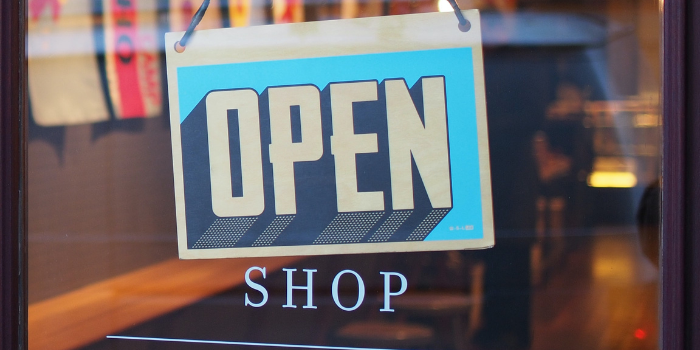
Pandemic and Looting: Financial Relief
The pandemic has been a rough ride for small, medium and micro enterprises (SMMEs). The thirteenth edition of the South Africa Economic Update, found that despite the government’s excellent response to the pandemic, jobs have been severely impacted, and recovery is slow. In fact, South Africa has one of the slowest recovering economies post-covid. That is worrisome to many citizens. Even more so if you own a business and depend solely on that income.
To make things worse, our country hit rock bottom in mid-July. Horrific looting took place after our former president Jacob Zuma handed himself over for contempt of court. What followed was one of the worst riots in South African history. Buildings were set on fire; people lost their homes and businesses. People lost their incomes. The aftermath has been devastating, and bittersweet. Days after the looting South Africans were compelled to take to the streets to help clean and rebuild – one piece at a time.

Recovery Process
To help SMMEs recover, the Government has implemented certain measures to help dire business owners who have suffered immense losses. “We are also implementing measures to help businesses to rebuild. The most immediate need is to ensure that those businesses that were damaged or looted can rebuild and reopen as quickly as possible,” President Cyril Ramaphosa said.
The President announced the reinstatement of a monthly welfare grant of R350 for the poor until the end of March next year, along with a R400- million state contribution to a humanitarian relief fund.
“We are also implementing measures to help businesses to rebuild. The most immediate need is to ensure that those businesses that were damaged or looted can rebuild and reopen as quickly as possible,” he further added.
South Africa is one of the few countries in the world to have a state-owned insurance company, SASRIA, which provides cover against incidents of public violence, strikes, riots and unrest.
Get Assistance Now
According to the South African Government’s website there are vital and important steps to follow should you qualify for assistance. You can find an in-depth list of channels available for financial aid.
Tax Clearance Information
Obtain a your tax clearance information (Tax Clearance Status or ‘Tax Clearance Certificate’)
Debt Relief Finance Scheme
For small and medium businesses which are negatively affected, directly or indirectly, due to the Coronavirus pandemic. This facility is a soft-loan facility aimed at assisting existing SMMEs in order to keep them afloat during the Covid-19 pandemic. Apply here.
Restructuring of SEFA-funded Loans
The Debt Restructuring Facility is geared towards Small Enterprise Finance Agency (SEFA)-funded small, medium and micro enterprises (SMMEs) which are negatively affected by the pandemic.
Business Growth/Resilience Facility
Small, medium and micro enterprises (SMMEs) who locally manufacture or supply hygiene, medical products, and food items which are in demand in order to curb and manage the spread of the Covid-19 virus. This facility offers working capital, stock, bridging finance, order finance and equipment finance.
Spaza Support Scheme
This scheme aims to strengthen Spaza shops as locals’ convenient access to basic goods, as well as facilitate bulk buying opportunities, and realise the potential for Spaza shops to serve as a market for locally manufactured goods.
COVID-19 Agricultural Disaster Support Fund
Covid-19 Agricultural Disaster Support Fund for smallholder and communal farmers.
Tourism Relief Fund
The Tourism Relief Fund provides once-off capped grant assistance to SMMEs in the tourism value chain to ensure their sustainability during, and post, the implementation of government measures to curb the spread of Covid-19 in South Africa.






